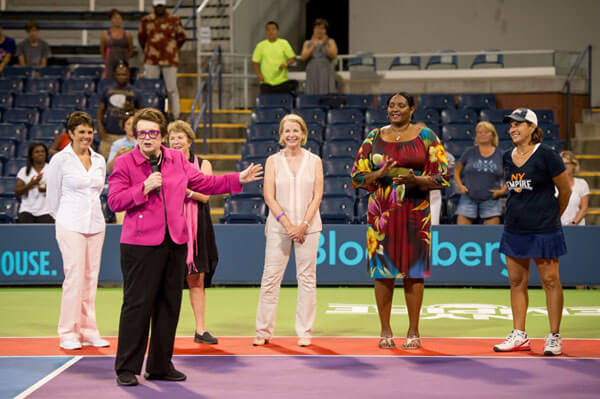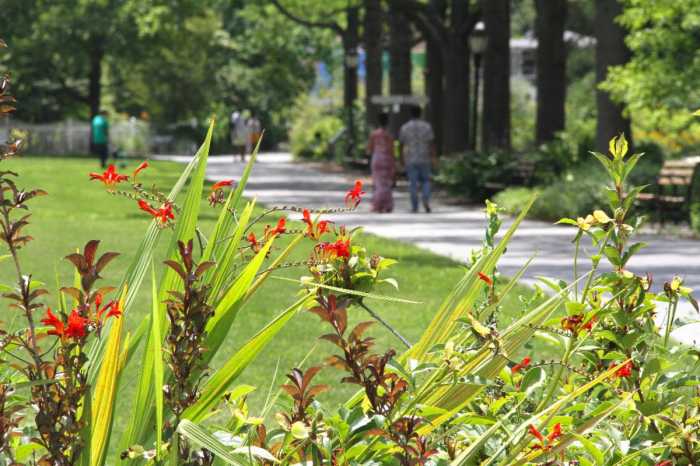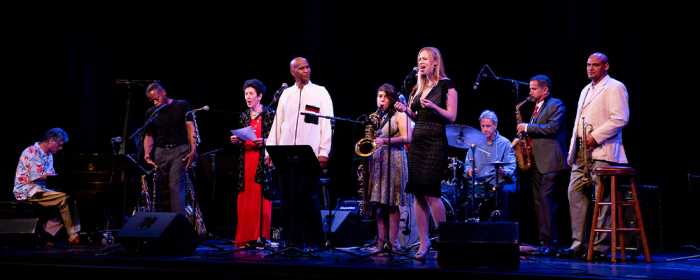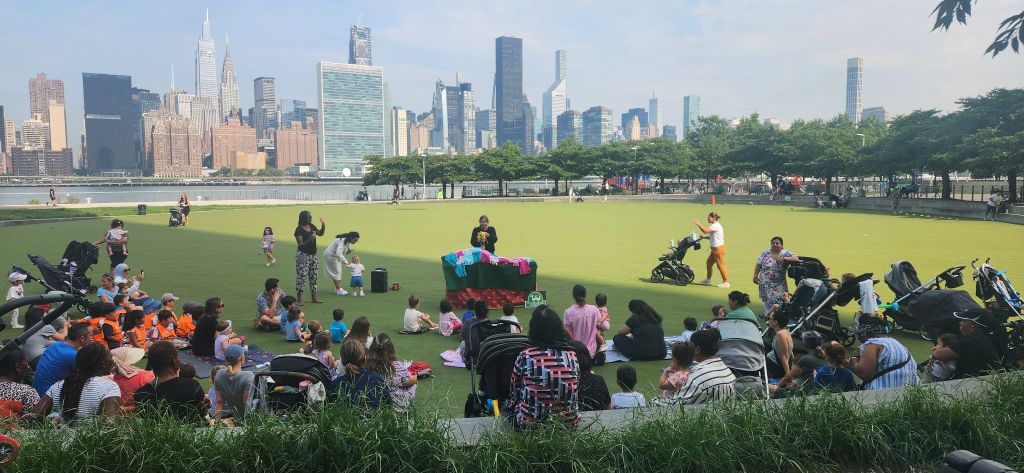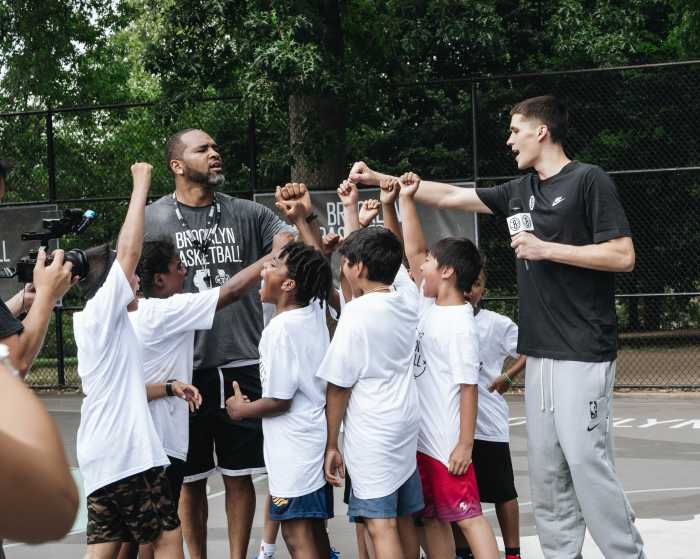By Laura Amato
There were kids everywhere, a racket clutched in each hand and a smile on every face. It was noisy and slightly chaotic, with tennis balls flying through the air just outside Court 17 at the National Tennis Center in Flushing.
It was also exactly what Billie Jean King hoped to see when she first came up with the concept for World Team Tennis more than 40 years ago.
“We’re big on the kids and big on access,” King said in an interview July 19.. “We want to help grow and develop the game, be a big part of the push. I know the USTA has always talked about promoting and developing, and we want to be a big part of that. We want the spirit of generosity to do that.”
King, a former world No. 1 who captured 39 Grand Slam Titles throughout her career, has spent decades working to ensure that tennis is an equal opportunity sport for everyone.
She developed World Team Tennis for that purpose, hoping to create a fan base across the country that would grow the sport at all levels.
Since its inception in 1974, World Team Tennis has focused its efforts on building a foundation of youth interest in the sport, looking to build participation at an early age. And as far as King is concerned, the best way to do that is to make sure that kids have access to tennis courts — particularly those in public parks.
“You have to understand where I come from,” King said. “I come from public parks and my younger brother, who played 12 years of professional baseball, Randy Moffitt, he and I are perfect products of knowing and understanding if you have access to what’s possible.”
“I became No. 1 in the world and he played 12 years in the majors, and the only reason that happened was because of public parks and being public park rats. We were able to run around, play whatever sport, and so when we had our dreams, my parents didn’t care if we were any good. I think that’s the reason we made it was because we didn’t have any pressure on us at all.”
King added that she believes children today are under far too much pressure to pick one sport and pointed out that even some of tennis’ biggest names were, at once point, multi-sport athletes.
“You play basketball, soccer, track and field, any of these different sports, it really develops your whole coordination,” she said. “They’ve done a lot of research on it and the kids who are the best athletes have played other sports. I mean even Federer and Nadal played soccer and tennis, and they had to make a choice.”
The key for World Team Tennis, particularly in a place like Queens where tennis is so prominent during the US Open, is to make the sport appealing year-round. King believes that starts with good competition on the court and a community that gives back to young athletes.
“Our main thing is to have great competition because you want a great show, basically, a performance,” she said. “Then it’s really the other aspects, the access, making a difference. The league has given out about 400,000 rackets now and we’re the first ones to do it successfully and we’re the smallest guy.”
World Team Tennis returned to Queens last season, competing in Forest Hills, but is now holding court at the National Tennis Center. King hopes the switch will help spark some more interest. After all, US Tennis is in need of a brand-new star.
“I’m used to winning. I like winning and I like us winning as a country,” King said. “We need to get some young, great athletes in our sport that understand what it can do for them and for us and how that’s a great platform to grow the sport. You need to win.”
King is focused on tennis and its future in America and World Team is her way to foster both of those things. The league has always been at the forefront of change, and with its return to Queens, part of an ever-growing influence, King has high hopes for what’s next.
“We have a lot to look forward to,” she said. “We want to give back to the sport, help make tennis progress in this country, at the grassroots level. If we can get critical masses playing, hopefully through that you’ll get future champions, which we need desperately.”

